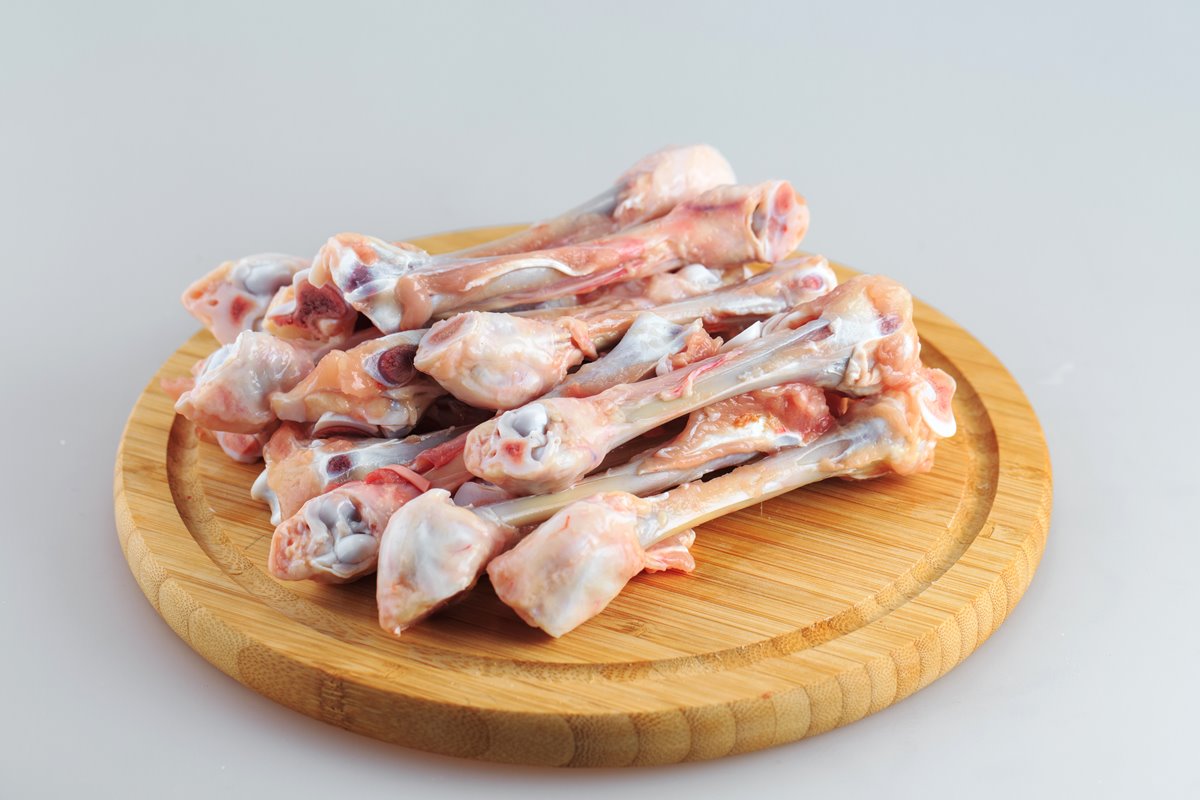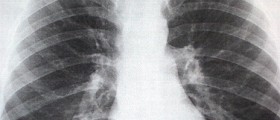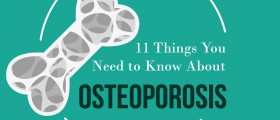It is not uncommon for children and adults to swallow chicken bones or other food materials and objects accidentally. The common causes of accidental ingestion of chicken bones and other objects include overeating, eating rapidly, and eating with dentures on. Young children, alcoholic individuals, and psychiatric patients are also at increased risk of swallowing objects, sometimes even intentionally.

What Happens When You Swallow a Foreign Body?
People sometimes accidentally swallow things that they did not intend to ingest.
What happens when one swallows a foreign body depends on the nature of the object ingested, including its size, shape, and configuration. For example, a sharp object like a chicken bone or fish bone may cause more trouble than a small coin. Fortunately, studies show that in most cases, no complications occur, and most people do not even show any symptoms. What happens is that the foreign body passes through the esophagus and into the stomach smoothly, sometimes causing transient discomfort. However, in a few people, nothing is felt and the presence of an object in the gastrointestinal tract is discovered incidentally during an imaging exam.
For this reason, most doctors would opt to wait for the object to pass out within a couple of days without making any intervention.
Complications
In a few unlucky patients, swallowing a chicken bone or other objects causes serious problems. About 10-20% would need to undergo foreign body extraction through endoscopy, a procedure performed under anesthesia, to relieve pain or choking sensation caused by a large or sharp object stuck in the upper or lower part of the esophagus. Furthermore, about 1% of patients end up in the operating room to undergo major surgery for serious complications. These include intestinal perforation, bowel obstruction, internal bleeding (hemorrhage), abdominal infection (peritonitis), and abscess formation (pus collection). These complications often develop a few days after ingestion of a foreign object, the most common culprit being a chicken bone that lodges and perforates the narrow portions of the intestine.
Non-specific symptoms of complicated foreign body ingestion often appear days after, and they can mimic other conditions such as appendicitis or diverticulitis. They may consist of fever, abdominal pain, abdominal tenderness, gastrointestinal bleeding, bloating, and vomiting. Diagnosis is made by doing imaging exams such as abdominal x-ray and CT scan. Immediate treatment is needed to prevent life threatening sequelae.
- S Akhtar, N McElvanna, KR Gardiner, and ST Irwin. Bowel perforation caused by swallowed chicken bones - a case series. Ulster Med J. 2007 January, 76(1):37-38
- Hoxha FT, Hashani SI, Komoni DS, et al. Acute abdomen caused by ingested chicken wishbone: a case report. Cases Journal 2009, 2:64
- V Selivanov, G F Sheldon, J P Cello, R A Crass. Management of foreign body ingestion. Ann Surg. 1984 February, 199(2):187-191
- Uyemura, MC. Foreign Body Ingestion in Children. Am Fam Physician. 2005 Jul 15, 72(2):287-291.
- Photo courtesy of SteadyHealth
















